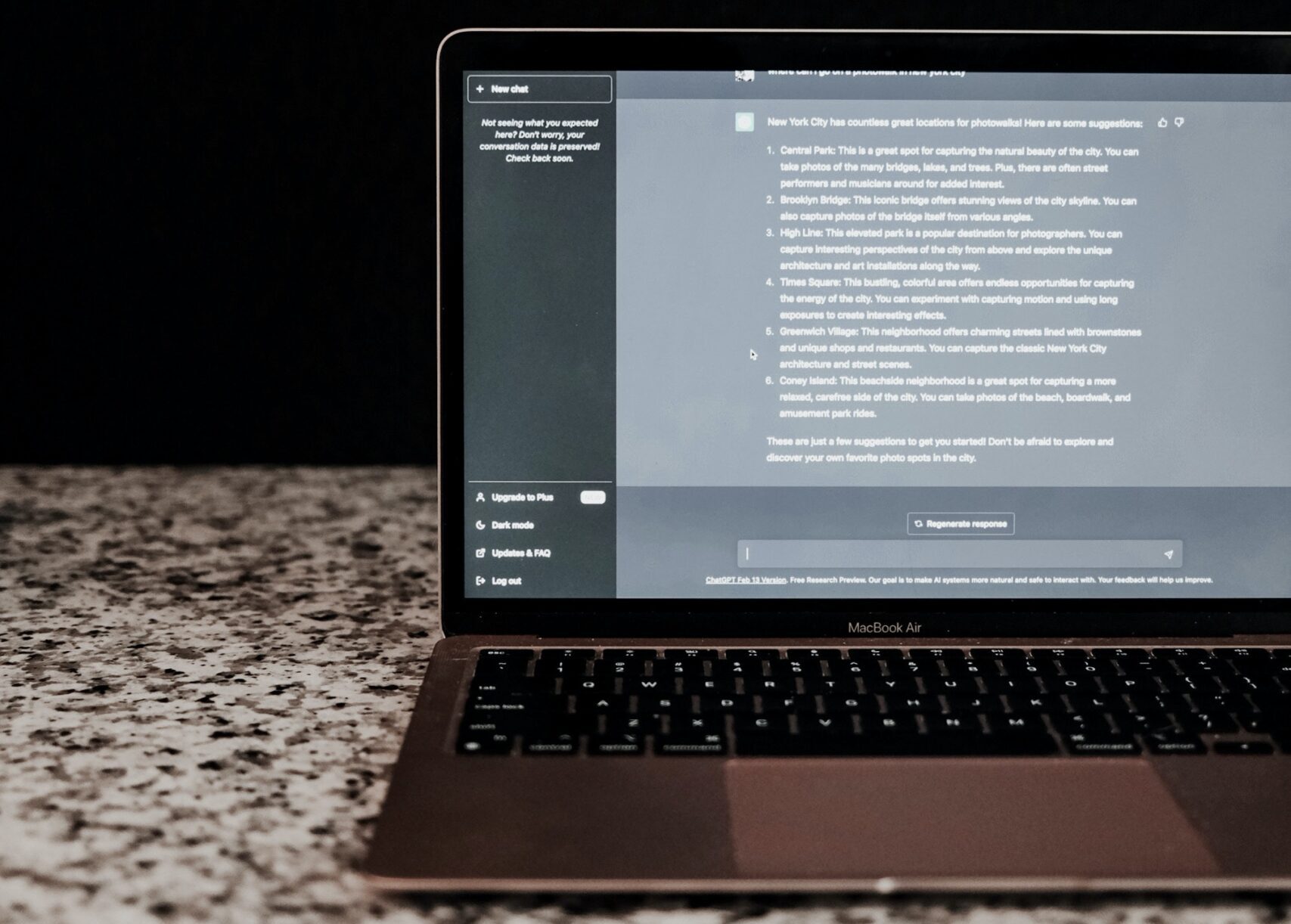Artificial intelligence (AI) is not a recent phenomenon, it has been integrated into our daily lives for a significant period, often operating behind the scenes without us even realizing it. Indeed, AIs envelop us daily, manifesting in our homes, our cars, and our smartphones and various other facets of our lives. The most obvious examples of this success are evident in internet-businesses that directly cater to consumers like Google, Netflix, or Facebook. How many times have we relied on Netflix’s recommendations to guide our movie choices? And how many times have each of us simply said, “Hey Siri…”? Or simply tapping a designated button on our Apple phone, effortlessly initiating a seamless interaction with voice commands? Virtual assistant like Siri plays a crucial role in improving accessibility for individuals with disabilities by enabling device control, message dictation, call initiation, and other functions through voice commands. Siri, Google Assistant, and other similar AI-powered voice assistants have gained significant prominence. These intelligent assistants leverage AI algorithms to execute tasks, offer answers to inquiries, deliver recommendations, and even manage smart devices within our households.
Have we ever noticed how e-commerce platforms, streaming services, and social media sites adeptly suggest products, movies, or posts that perfectly match our preferences? When we come across advertisements on websites or social media platforms that appear tailored to our specific interests, it is highly probable that AI-powered ad targeting is at play. Ad platforms use AI algorithms to analyse user data and deliver personalized ads, quietly tailoring advertisements to match our interests, preferences, and behaviours.
AI is also revolutionizing the education sector, changing the landscape for both educators and students. ChatGPT, for example, has taken the world by storm, captivating the world and amassing an impressive user base of 100 million within a mere two months of its launch. Its capabilities are vast. With the ability to compose articles, it has the potential to craft essays that may outshine the work of at least some students. AI is good in handling large volumes of complex, real-time data and swiftly processing it by identifying patterns that would typically require extensive qualitative or quantitative analysis over several weeks.
About the author

Dr. Nor Hidayati Zakaria is a senior lecturer in Information Systems at Azman Hashim International Business School. She has been active for many years in the field of Information Systems research. She has authored a number of publications in indexed and top quartile journals.
For more information about her research and publication, visit https://business.utm.my/norhidayati/

Nevertheless, the growing implementation of AI in the education sector evokes various reactions, ranging from curiosity and enthusiasm to scepticism and fear. There are differing opinions on ChatGPT’s impact on education. Many universities have prohibited its usage due to concerns about student plagiarism, while certain countries have implemented restrictions on ChatGPT’s accessibility. Italy became the first country to block ChatGPT due to privacy related concerns. Furthermore, the use of ChatGPT has been banned in New York public schools, and similar restrictions have been imposed in numerous education systems globally. The primary concern raised in higher education circles revolves around the preservation of academic integrity. While some higher education institutions have blocked ChatGPT, others believe it has the potential to revolutionize and improve learning outcomes.
Attempting to ban or restrict the use of ChatGPT would be impractical as AI tools have become an integral part of our technological landscape and are expected to remain prevalent in the future. Similar to how we taught people to do math in a world with calculators or to rely on Google for factual information, ChatGPT represents another adaptation in the realm of education. Google was once seen as a potential threat to education due to its instant access to information, but we adapted it.

Certainly, ChatGPT can be requested to provide data, analysis and even an opinion. However, the algorithm it operates on does not take a definite position, as its interpretation is based on the statistical analysis of billions of texts on the Internet. Hence, there is a possibility of it being incorrect. ChatGPT lacks the ability to verify or assess the reliability of the information it provides. It can frequently make significant errors. For instance, when requesting citations from ChatGPT, it may provide sources that appear accurate, but some of them may not actually exist. Thus, the use of ChatGPT should be approached with caution and a sense of responsibility to ensure ethical and appropriate handling.
Given the successful application of AI across diverse fields and its ongoing evolution, it is crucial to acknowledge that AI is deeply integrated into our lives, and we have to figure out how to work with that. Regardless of the uncertainties that lie ahead, the future is rapidly approaching, and AI will undoubtedly play a prominent role in shaping it. As we move forward, it is essential to embrace the transformative power of technology while also being mindful of its potential impact on society.

